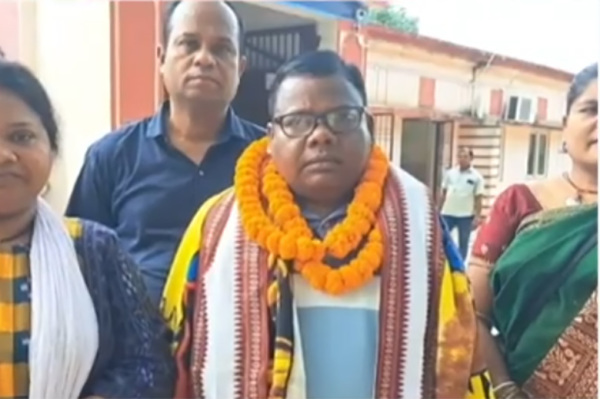Supreme Court says Alabama prison cannot execute inmate unless pastor is present

An Alabama inmate sentenced to death cannot be executed unless he has, per his request, a pastor present in the execution room, according to an opinion by the United States Supreme Court.
In the case of Jefferson S. Dunn v. Willie B. Smith, III, the high court decided last Thursday to deny a request by Alabama to vacate a lower court injunction in favor of the inmate’s request to have a clergyman present for his execution.
At issue in the case was the request of Smith to have a pastor in the chamber when he is executed for murder, despite Alabama law only allowing clergy to be present in the viewing room.
Justice Elena Kagan authored a concurring opinion to the decision, being joined by Justices Stephen Breyer, Sonia Sotomayor, and Amy Coney Barrett.
“Alabama has not carried its burden of showing that the exclusion of all clergy members from the execution chamber is necessary to ensure prison security,” wrote Kagan.
“Prison security is, of course, a compelling state interest. But past practice, in Alabama and elsewhere, shows that a prison may ensure security without barring all clergy members from the execution chamber.”
Justice Brett Kavanaugh authored a dissenting opinion, being joined by Chief Justice John Roberts, arguing that “the State’s policy is non-discriminatory” and “serves the State’s compelling interests in ensuring the safety, security, and solemnity of the execution room.”
Diana Verm, senior counsel at Becket, a law firm that filed an amicus brief in the case in support of Smith, celebrated the ruling from the Supreme Court in a statement Friday.
“If Willie Smith has to leave this world, he shouldn’t have to leave it all alone,” stated Verm. “Alabama used to know that, which is why it always required a chaplain to be with the condemned man until the end. Prisoners should be allowed to make peace with their Maker in their final moments.”
For years, the Alabama Department of Corrections allowed for Christian clergy to be present inside of an execution chamber while an inmate was given lethal injection.
In 2019, the state garnered much criticism for refusing to allow an imam to accompany Domineque Ray into the chamber when he was executed.
Ray had filed litigation over the matter, but the Supreme Court had ruled 5-4 at the time to deny a stay of execution to resolve the imam issue, with the majority arguing that Ray had taken too long to file the appropriate petition.
“On November 6, 2018, the State scheduled Domineque Ray’s execution date for February 7, 2019. Because Ray waited until January 28, 2019 to seek relief, we grant the State’s application to vacate the stay entered by the United States Court of Appeals for the Eleventh Circuit,” concluded the majority.
Eventually, in response to a separate 2019 Supreme Court decision, Alabama decided to bar all clergy from the execution chamber, regardless of religious affiliation.






















